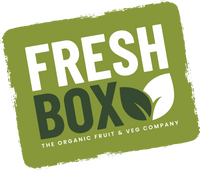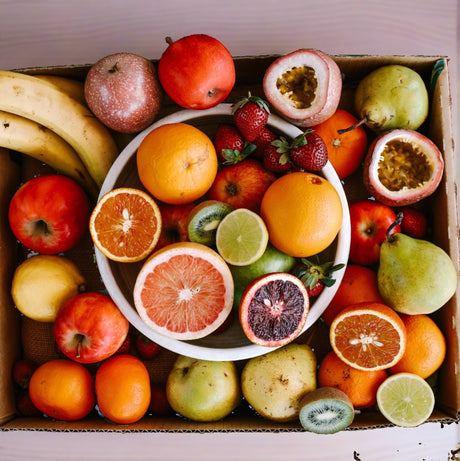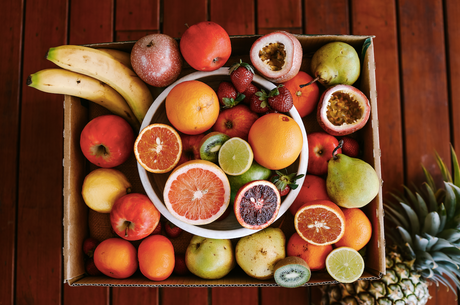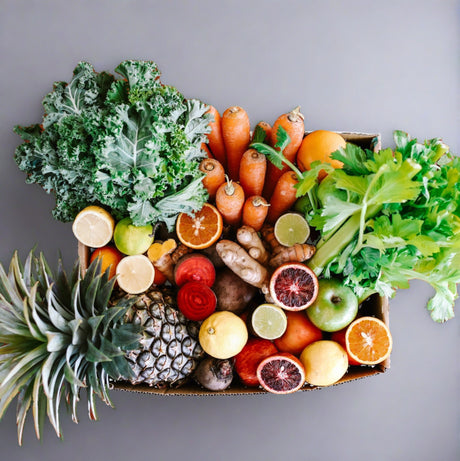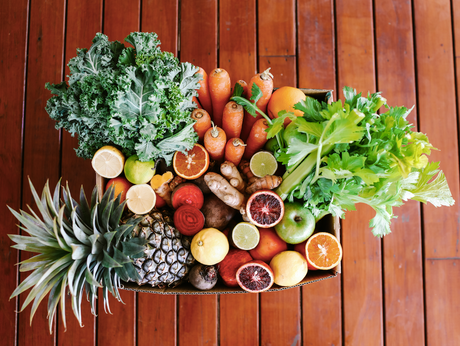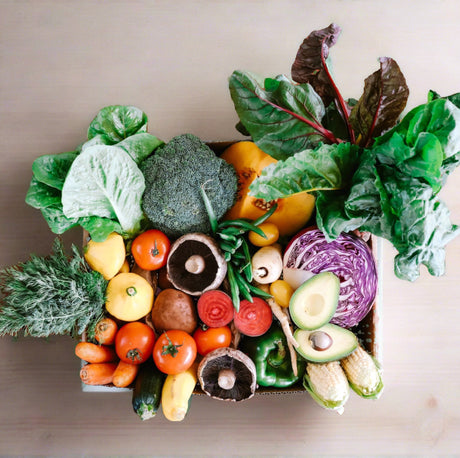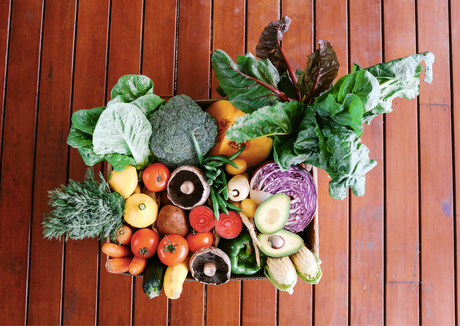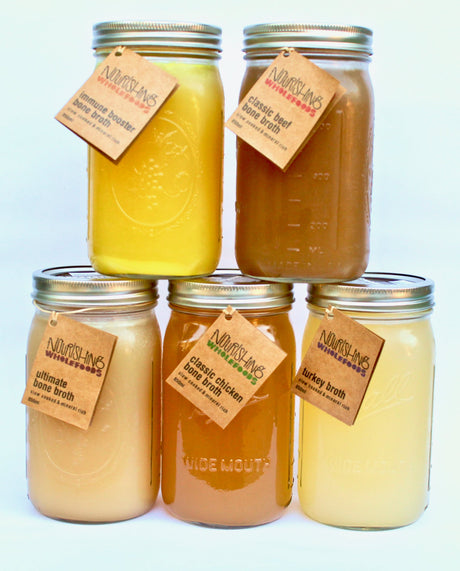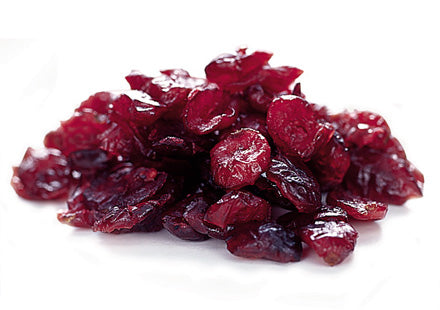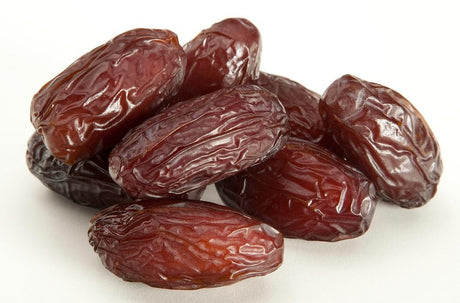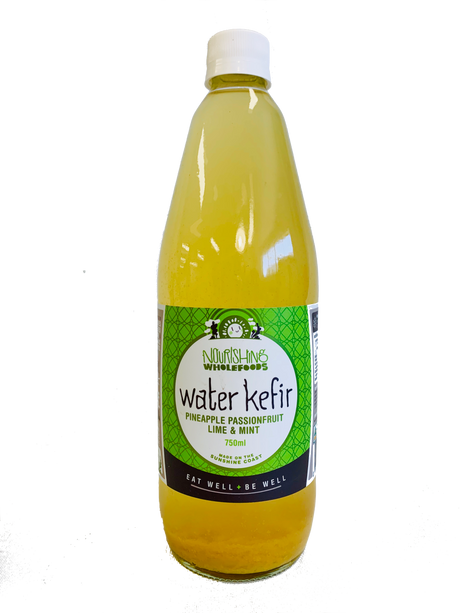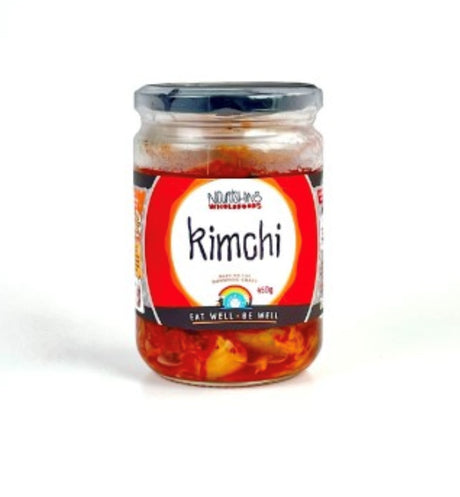
Crop losses are an everyday part of farming. It’s the good that comes with the bad, and depending on the season, the conditions, and widespread other factors, sometimes there is more of the bad than the good. But with time in the industry and days spent on the land, you figure out a way to navigate the harder days.
First we need to understand that organic farms traditionally suffer from a higher rate of crop losses due to a few reasons. Most profoundly, mainstream agriculture has a tendency to use herbicides, pesticides and other extreme measures to protect their crops from the environment they grow in, whereas organic crops are typically more exposed to harsh conditions. This means that usually, mainstream agriculture produces a greater yield, and so the cost is lower. At FreshBox, we see the value in good quality foods, free from synthetic chemicals, so we’re happy to pay a little bit more for our foods to be produced in a truly organic way.
To add to this, mainstream agriculture has also typically relied on cheap labour, bringing in workers from overseas to pick the produce when it’s ready, ultimately maximizing the profit for both owners and investors. But in the last year, with restrictions on border entries into the country, it’s been a tough time finding people willing to do the work, and our locally grown crops have suffered as a result.
A recent report from the National Lost Crop Register highlighted that in the last season, Australia surpassed $45 million in losses at farmgate value, and Queensland alone suffered from $33mil of those. This is staggering and the sheer volume of food (which not to mention contributes to greenhouse gas emissions as it breaks down in the landfill) that has gone to waste is heartbreaking. And as a result, farmers across the country are now planting less - which could ultimately lead to a food shortage as we know it.
But these findings have highlighted something we have known for a long time. In Australia, and globally, we need to lean towards a more sustainable approach to agriculture, and how we source the food that we eat. The level of waste that we have seen as a result of this immediate shift, which we were unprepared for, is unsustainable for agriculture, for those who invest their time, energy and money into growing the produce, and for the planet more broadly.
And somewhere in this, for those of us who are instinctual problem solvers, all of the lights shine to the pathway forward.
Firstly, many mainstream consumers are making a pivot (that couples with increased time spent at home) toward growing their own produce. This is something that we wholeheartedly support and encourage, whatever this looks like for you!
Then, we envisage a greater awareness of the labour that actually goes into growing produce, from plant to plate. As more conversations are had about the struggles that farmers face, consumers will actively seek out suppliers that adhere to ethical, organic practices, that are based in their own backyard. There is going to be increased awareness and support for Australian farmers as they adjust to new norms.
And finally, while this may be only momentarily, organics will become more affordable and attainable for many. Unfortunately, this isn’t going to do much to bring down the current cost of organic farming, but as the prices of mainstream farmed foods rise to make way for the crop losses, the foods you find at your local supermarket will finally be in line with the organics you can buy from your local farmers market. And we think that’s pretty exciting!
If you’re wanting to support local organic farmers, why not make your next shop at FreshBox? We only support the most ethical farms, and offer the freshest, most affordable organic foods around!
